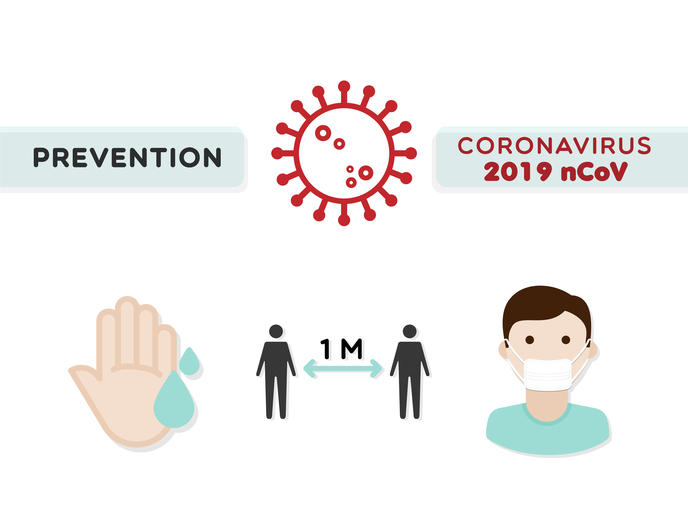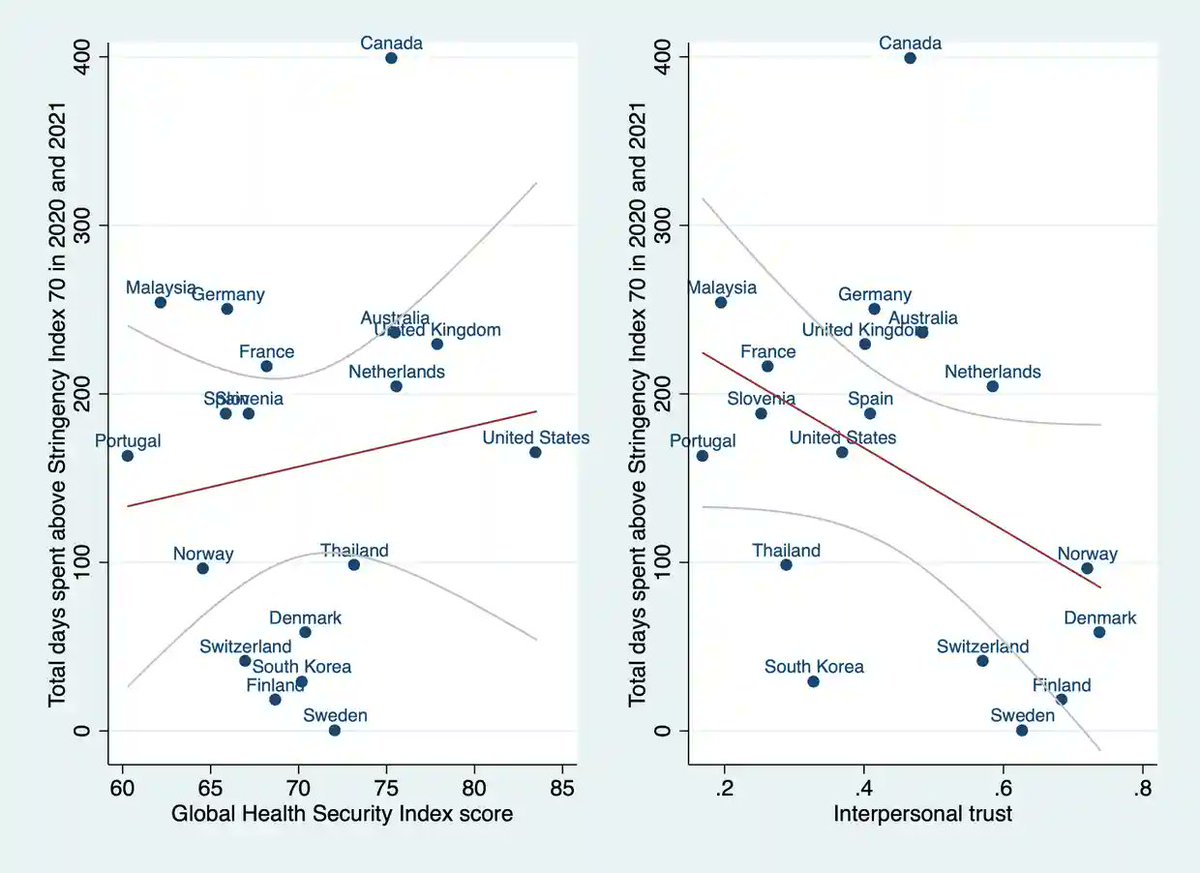N.B. Many researchers and analysts have noted that, generalised trust, the belief that most other people can be trusted, is thought to positively influence individuals and society in a multitude of ways. High trust is associated with better physical and mental health, increased cooperation, well-being, and satisfaction with life.*

Trust in other people is so important because many aspects of fighting a pandemic – such as social distancing, wearing masks, washing hands, etc – require collective action in the interest of the greater good.-Photo:CORDIS-EU
‘Trust in other people is so important because many aspects of fighting a pandemic require collective action. The only way to break a chain of infection is if everyone takes part, for example by following the rules around social distancing. Individuals are much more likely to change their behaviour if they trust others to do so as well. After all, if you expect others to break the rules, why should you be the sucker still sitting at home?’
'We’ve found one factor that predicts which countries best survive Covid.'
By Thomas Hale Via The Guardian
'Trust between people – not in government or institutions – is key to limiting damage in a pandemic, our research shows.'
‘In 2019, the Global Health Security Index published a report ranking countries on their preparedness for pandemics. The US scored highest, followed by the UK. Two years later, both countries rank among those with the greatest loss of life from Covid. How could this be?
A large part of the answer is trust. Countries that looked good on paper in 2019, such as the US, UK, Spain and Slovenia, found they lacked this intangible but critical layer of defence. And this figure from our research over the past two years at the Oxford Covid-19 Government Response Tracker shows it in stark terms. On the left (see below) you can see that a higher global health security score in 2019 is not correlated with fewer deaths during the pandemic, at least among the countries whose health systems have a minimum threshold of capacity.

Photo: Blavatnik School of Government/University of Oxford/The Guardian
But on the right, we see that a far better predictor of how many people would die – or survive – during the pandemic is the level of interpersonal trust in a society. This doesn’t mean trust in governments or institutions: both have received lots of coverage during the past two years, and yet appear to have little effect. Rather it’s a measure of how much people think they can trust another citizen who they don’t already know.
At every stage in this pandemic, this kind of trust has been a vital resource. After two years we can now see clearly how important it was, raising the question of how we might build it up to deal with both the ongoing threat posed by Covid, and the next pandemic.
Results from the past two years show that the extraordinary measures we were asked to follow to “flatten the curve” really can work to reduce or even eliminate infections, particularly when they are deployed during the beginning of a wave. But dig in a little further, and we see that these restrictions work better – and often don’t have to be as harsh or long – in high-trust countries…’-continue to read
* read more on generalised trust HERE
In All We Do, Trust is of the Essence
Trust is so Vital to Who we are and How we Live our Lives
A pick from our archive

Photo:shutterstock.com
Why Love, Trust, Respect and Gratitude Trumps Economics
Crisis in Trust and Perpetual Global Crisis
In Praise of Magna Carta: What happened to Trust and Democracy in Britain?
Kindness to Heal the World- Kindness to Make the World Great Again
Build a Better World: The Healing Power of Doing Good
How to Restore Trust in VW again?
